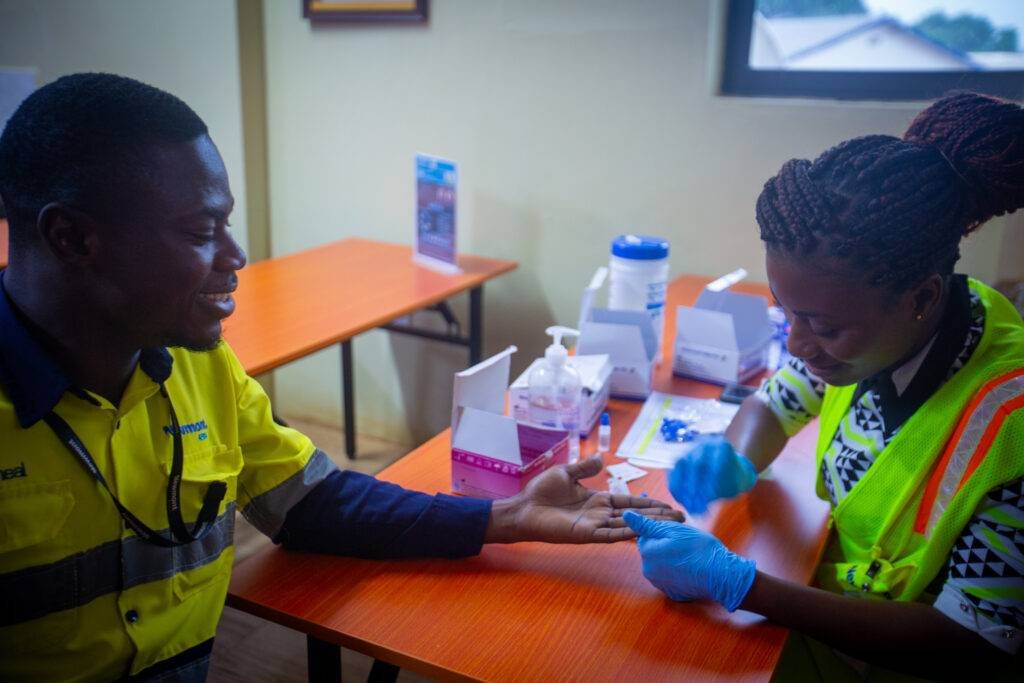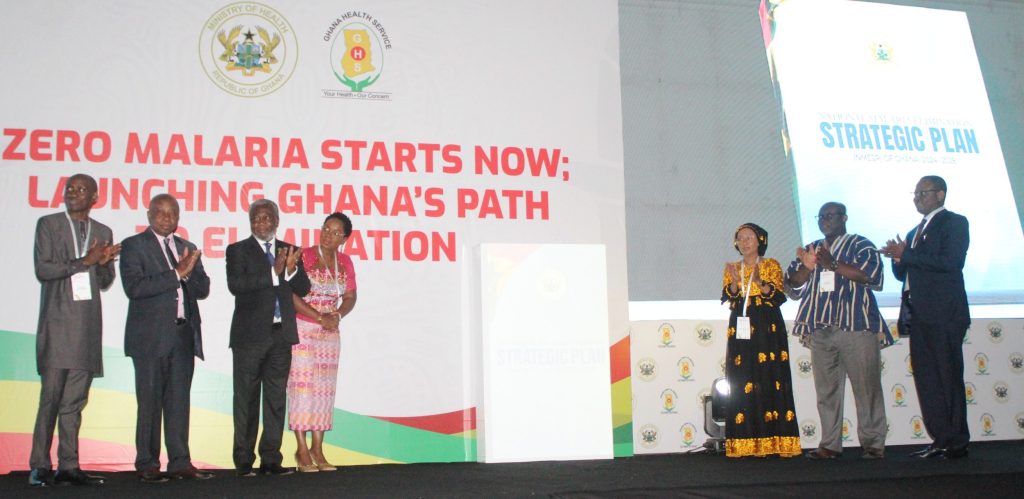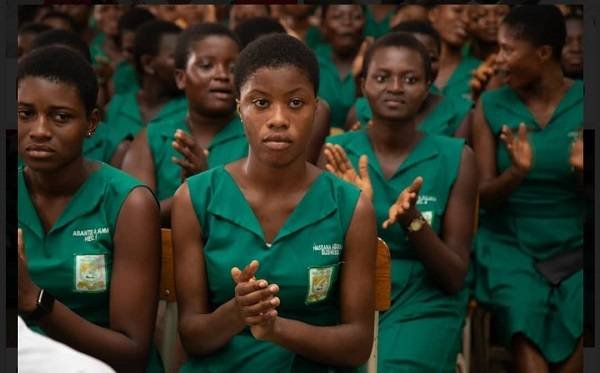
Ghana’s high malaria burden, the country has the potential to eliminate malaria, Professor Fred Binka, a renowned professor of clinical epidemiology, has said.
He said that with the right resources and commitment, Ghana could join the ranks of countries that have successfully eliminated the disease.
“The main challenge facing Ghana’s malaria elimination efforts is the lack of financial resources to procure necessary commodities and implement the national malaria elimination plan,” Prof. Binka said.

Prof. Binka, a former Vice Chancellor of the University of Health and Allied Sciences, made these remarks in an exclusive interview with The Ghanaian Times in Accra on Monday.
Prof. Binka said “Ghana can eliminate malaria. But if you ask me today whether Ghana can eliminate malaria, I would say no. There are just too many things that have happened since this plan was established that does not augur well for our elimination of malaria.’’
He said “what is required is to be able to make the resources available so that we can implement the technical programme that is outlined in our plan.
“The government must realise that it has a commitment to eliminate malaria, and there will be an economic gain if we eliminate malaria.”
Prof. Binka, who is credited for leading a groundbreaking Mosquito Bednet Study at the Navrongo Health Research Centre in the early ‘90s, stressed the need to decentralise the implementation of malaria interventions to the district level, allowing for more targeted and effective efforts.
Speaking on the theme of this year’s World Malaria Day celebration, “Malaria Ends With Us: Reinvest, Reimagine, Reignite”, Prof. Binka said it was a clarion call to refocus on malaria and commit resources to eliminate the disease.
He stated that Ghana’s dependence on external funding for its health budget had resulted in significant challenges, particularly with the recent standstill of the President’s Malaria Initiative (PMI) due to funding issues in the United States.
Prof. Binka also disclosed that the country has faced shortages of essential malaria commodities, including insecticide-treated nets and anti-malaria drugs, due to delays in clearing shipments from ports.
He emphasised the need to decentralise malaria interventions to the district level, allowing for more targeted and effective efforts.
Prof. Binka stressed the importance of community engagement and participation in Ghana’s malaria elimination efforts, saying that individuals could contribute their quota by sleeping under treated mosquito nets and seeking prompt treatment when symptoms arise.
He said “with the right resources and commitment, Ghana can join the ranks of countries that have successfully eliminated malaria.”
According to the National Malaria Control Programme, Ghana recorded fewer than 300 malaria deaths last year, representing a significant decline from over 2,000 a decade ago.
Also, the country, according to the programme, reduced parasite prevalence from 28 per cent in 2021 to about nine per cent in 2022.
Malaria is a life-threatening disease caused by the female anopheles mosquito, and it is a major public health problem in Ghana with women, and children under five years most vulnerable to the diseases.
Currently, Ghana has introduced malaria vaccine into its routine immunisation programme in addition to other preventive tools, to help curb malaria deaths, especially among children under five years.
Additionally, Ghana is pursuing National Malaria Elimination Strategic Plan 2024-2028 to reduce death due to malaria by 100 per cent by 2028 and cases by 50 per cent, with a shift in focus from control to disruption of transmission.
The strategies include strengthening surveillance, improving case management, and implementing indoor residual spraying and seasonal malaria chemoprevention in highly endemic areas.
BY CYNTHIA ASAMPANA
The post Observing World Malaria Day: Commit resources to eliminate malaria – Prof. Binka appeared first on Ghanaian Times.
Read Full Story





















Facebook
Twitter
Pinterest
Instagram
Google+
YouTube
LinkedIn
RSS